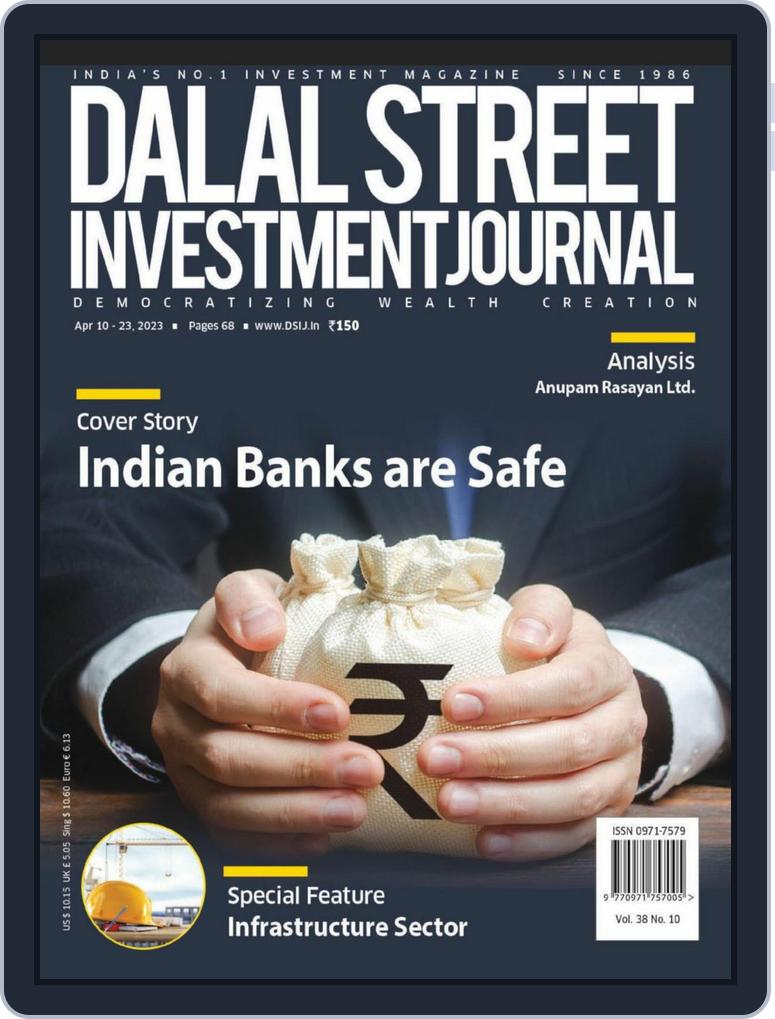The foreign exchange (forex) market, the world’s largest financial market, offers boundless opportunities for traders willing to master its complexities. However, for novice traders, diving into forex without a solid foundation can lead to costly mistakes. Developing essential skills and understanding the market’s intricacies are vital steps toward success. This guide will help beginner traders build a strong foundation for their forex journey.
Understanding the Basics of Forex Trading
Forex trading involves the exchange of one currency for another, with transactions occurring in pairs such as EUR/USD or GBP/JPY. This market operates 24 hours a day, driven by global economic events, geopolitical developments, and market sentiment.
At its core, forex trading relies on understanding currency pairs. Each pair consists of a base currency and a quote currency. For example, in the EUR/USD pair, the euro is the base, and the dollar is the quote. Traders profit by predicting whether the value of the base currency will rise or fall against the quoted currency.
The forex market’s decentralised nature allows participants such as retail traders, institutional investors, and central banks to engage in trading. New traders must familiarise themselves with key terms like pips (price movements), spreads (the difference between bid and ask prices), and leverage (borrowing capital to increase market exposure). If you are looking for more information, see it here.
Essential Skills for Novice Forex Traders
Successful forex trading begins with robust analytical skills. Traders need the ability to assess market trends and predict future movements. Two primary types of analysis dominate forex trading: technical and fundamental. Technical analysis focuses on interpreting charts, patterns, and indicators to forecast price movements. Tools like moving averages, Bollinger Bands, and Fibonacci retracements are staples in this approach. Fundamental analysis, on the other hand, examines macroeconomic factors such as interest rates, inflation, and geopolitical events. For novice traders, learning to balance these methods provides a comprehensive view of the market.
Risk management is a cornerstone of forex trading. Without it, even the most informed trades can result in devastating losses. Novice traders must learn to calculate risk-reward ratios, set stop-loss orders to cap potential losses and use take-profit orders to lock in gains. Managing leverage is equally critical, as excessive leverage can amplify losses dramatically. A disciplined approach to risk ensures traders protect their capital while pursuing profits. Constantly risking only a small percentage of the trading account per trade—often 1-2%—is a common strategy among seasoned traders.
Forex trading can be an emotional rollercoaster, especially when facing unexpected losses or rapid market movements. Emotional discipline helps traders remain calm and avoid impulsive decisions. A trading plan serves as an anchor, preventing knee-jerk reactions to market volatility. For beginners, the ability to detach emotions from trading decisions takes time but is indispensable. Tools such as journaling trades and reflecting on past decisions can help identify emotional triggers and promote a more disciplined approach.
Setting Up a Beginner-Friendly Trading Plan
A well-structured trading plan acts as a blueprint for success. For novice traders, creating a plan involves setting clear goals, defining strategies, and outlining risk management rules. A trading plan helps maintain focus and prevents emotional trading decisions.
Testing strategies in a demo account is an essential step in refining a plan. This allows traders to identify what works and what doesn’t without risking real money. Over time, this practice builds confidence and prepares traders for live market conditions.
Common Mistakes Novice Forex Traders Should Avoid
Many beginner traders fall into traps that can hinder their progress. Overleveraging, driven by the lure of high profits, is a common pitfall. Excessive use of leverage amplifies risks and can quickly deplete a trading account. Ignoring a well-structured trading plan is another frequent mistake, leading to erratic decision-making.
Novice traders must also be cautious of unreliable brokers or scams. Choosing a reputable, regulated broker is crucial for safeguarding funds and ensuring a fair trading environment.
Choosing the Right Tools and Platforms
The tools and platforms a trader uses can significantly impact their success. Beginner-friendly trading platforms with intuitive interfaces, such as MetaTrader or cTrader, are ideal starting points. Additionally, tools like economic calendars, forex calculators, and news aggregators can aid in decision-making.
Selecting a regulated broker with a solid reputation ensures access to reliable platforms, transparent fees, and efficient customer support. For novices, researching and comparing brokers is a step that should not be overlooked.
Developing a Growth Mindset for Long-Term Success
Forex trading is not a get-rich-quick scheme; it requires patience, perseverance, and a growth mindset. Small, consistent wins build confidence and reinforce sound trading habits. Viewing losses as opportunities to learn rather than setbacks helps traders evolve and improve.
A growth mindset encourages traders to embrace challenges, adapt strategies, and stay motivated. Over time, this approach lays the foundation for sustained success in the forex market.
Conclusion
Building a strong foundation in forex trading requires mastering essential skills, understanding market dynamics, and adopting a disciplined approach. By focusing on analytical skills, risk management, emotional discipline, technical proficiency, and continuous learning, novice traders can navigate the complexities of forex with confidence. Equipped with the right tools and a growth mindset, beginners can embark on their trading journey with a clear path to success. Start practising today with a demo account and lay the groundwork for a rewarding forex trading experience.








